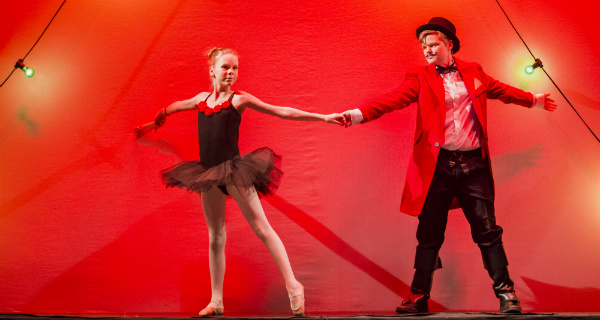'All the world's a stage, and all the men and women merely players. They have their exits and their entrances; and one man in his time plays many parts.'
To direct any of Shakespeare's works is a challenge in itself. To direct young people in performing Shakespeare is even more of a challenge.
Firstly, there's the language; beautiful, flowing prose, but what does it mean? Then there are the complex themes and issues, plots and sub-plots in his stories, the variety of intriguing characters, archetypes who directly challenge the stereotypes so commonly seen in children’s theatre and finally, the audience reaction: watching Shakespeare can be difficult, especially for those not familiar with his texts.
When you take all of this into consideration, the question seems to be, why do it?
The decision is made easier when you consider that it is those very complex plots and characters that continue to engage an audience. Even after all of these years, the human conditions speak out to us across the centuries highlighting themes and issues that have not changed.
Our approach to the S1 and S2 Festival of Shakespeare was to emphasise meaning through voice and movement techniques. Shakespeare did not write his plays to be read, rather, they should be performed. The power of his words blossoms when the script is lifted off the page and brought to life. Through improvisation, research and discussion the casts of both 'Romeo and Juliet' and 'Twelfth Night' have taken ownership of their productions to provoke thought and to entertain.
From the tragedy which unfolds in two warring circus families to the hilarity and high jinks of a 1960s vogue culture in the Med, we aimed to bring meaning to Shakespeare’s words by choosing unusual settings as backdrops to the plays.
We hope that the Festival inspired our audience's imagination and gave a fresh, accessible experience for performers and observers alike.
An album of photos from the Festival is now available to view on our ESMS Flickr channel here.






